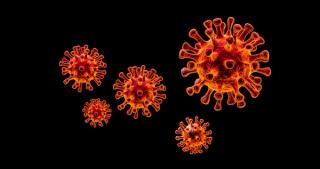
COVID-19
Latest News

Video Series

Latest Videos
Shorts

Podcasts
CME Content
More News

A recent study shows thyroid surgery can be safely performed on patients post–COVID-19 infection with careful screening, ensuring patient safety and positive outcomes.

A series of workplace factors were found to increase the risk of long COVID, including close contact with colleagues and commuting through public transportation.

COVID-19 vaccination significantly lowers severe illness and preterm birth risks for pregnant individuals.

A 3-month resistance exercise program helped improve walking distance, grip strength, and other parameters of physical health in patients with long COVID.

City-level COVID-19 vaccine mandates in the US have limited impact on vaccination rates and health outcomes.

A recent study reveals diverse long COVID trajectories, highlighting the need for further research to understand symptoms and recovery variability.

A bidirectional relationship was observed between long COVID and cardiovascular disease in survey results presented at IDWeek.

Maternal COVID-19 infection raises concerns about neurodevelopmental disorders in children, emphasizing the need for effective fever and infection management during pregnancy.

In children and adolescents, reinfection with COVID-19 increased the risk of worsened long COVID outcomes.
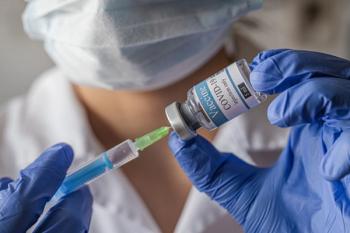
COVID-19 mRNA vaccines enhance immune checkpoint inhibitor effectiveness in cancer therapy, significantly improving survival rates for patients with advanced tumors.

Although long COVID remains a complex disease, pharmacists are critical team members for patient symptom validation, managing polypharmacy, and navigating therapy access.

In a Swedish cohort, young women with symptomatic long COVID were found to be at higher risk of postural orthostatic tachycardia syndrome (POTS), conferring additional burden.

Many factors lead to policy change and market viability, but none more than perceived need and desire to receive a service.
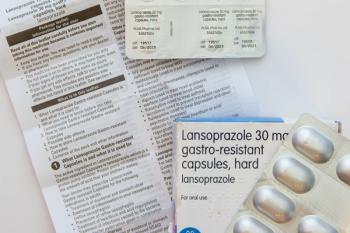
As one of the most prescribed medications worldwide, proton pump inhibitor use could serve as a bulwark against severe outcomes in hospitalized adults with COVID-19.
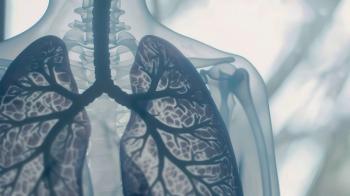
Pulmonary fibrosis was observed in many patients with severe COVID-19 in a retrospective cohort study, indicating the need for more effective care and prevention.

New research raises questions regarding the efficacy of nirmatrelvir-ritonavir in preventing long COVID, with limited protection found among older adults and high-risk individuals.
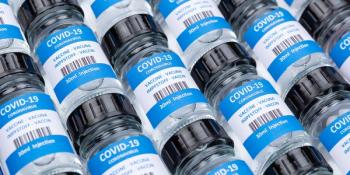
The Advisory Committee on Immunization Practices (ACIP) voted to recommend that COVID-19 vaccines be administered through individual-based decision-making.

Enrollment in the Supplemental Nutrition Assistance Program or another food assistance program could help ameliorate food insecurity that contributes to long COVID.

Pharmacists face challenges as recent federal policy changes threaten their expanded roles in vaccination and public health, impacting patient access to care.
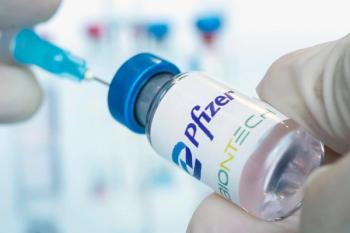
According to phase 3 trial results, Pfizer-BioNTech’s LP.8.1-adapted COVID-19 vaccine demonstrated significant immune responses in older adults and individuals at high risk for severe COVID-19.
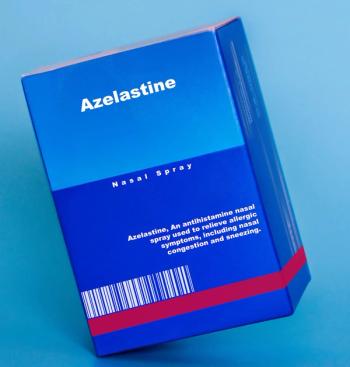
Azelastine, commonly used in nasal sprays to combat allergies, was found to reduce the incidence of SARS-CoV-2 among healthy controls in a phase 2 trial.

COVID-19 vaccination significantly reduces the risk of asthma and other airway inflammatory diseases, offering vital protection against respiratory complications.
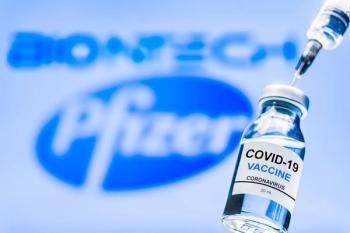
The FDA's approvals follow new COVID-19 guidance announced by the commissioner of the agency in May 2025, focusing future approvals on older adults.
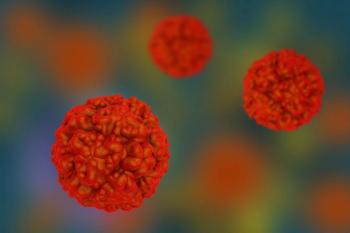
Rhinovirus infection, which causes the common cold, could offer infected children more respiratory pathway protection from SARS-CoV-2 infection.

The development of multisystem inflammatory syndrome in children infected with SARS-CoV-2 was associated with more marked shifts in metabolic parameters, leading to increased cardiovascular disease risk.















